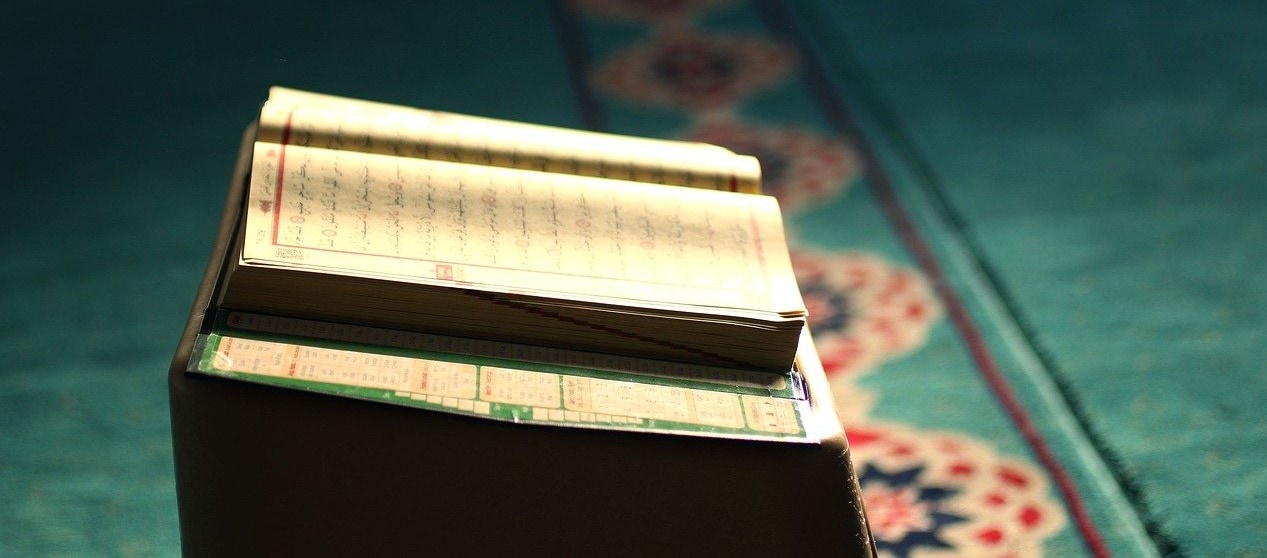Is My Prayer Valid If I Omit a Wajib Recital?
Question: Assalamu ‘alaykum. Is my prayer accepted if I only recite Sura al-Fatiha with no other sura after it in all my raka’s (including the first two raka’s of Fard Salah)?
Answer:
Wa ‘alaykum assalam wa rahmatullah wa barakatuh.
I pray you are well.
Valid – Yet Deficient
Technically, the prayer valid – but grossly deficient. Acceptance is in Allah’s hands, but usually acts need to be done according to the way of the Prophet (Allah bless him and give him peace) with sincerity to be accepted. (Shurunbulali, Maraqi al-Falah)
Here, the first element is missing. The Prophet (Allah bless him and give him peace) saw someone rushing his prayer and he told him, “Stand and pray because you have not prayed.” [Bukhari]
Imagine giving your wife a bunch of roses as an expression of your love – except that they are a week old, going black, and wilting. How successfully will they convey your undying love to her?
See Qadas As a Fresh Opportunity
I understand the need to want to perform all your qada prayers as soon as you can, especially if there are decades worth of them. However, do not skip the wajib elements. Reciting the additional verses can take just a few seconds. Just recite the first three verses of Sura al-Rahman for brevity.
You can save time by reciting one tasbih in the ruku’ and sujud if you like, but making more omissions will not save you that much time- a few seconds at best. Perhaps praying a more complete prayer will be the deed that makes you beloved to Allah.
May Allah grant you the best of both worlds.
[Shaykh] Abdul-Rahim Reasat
Checked and Approved by Shaykh Faraz Rabbani
Shaykh Abdul-Rahim Reasat began his studies in Arabic Grammar and Morphology in 2005. After graduating with a degree in English and History he moved to Damascus in 2007 where, for 18 months, he studied with many erudite scholars. In late 2008 he moved to Amman, Jordan, where he continued his studies for the next six years in Sacred Law (fiqh), legal theory (Usul al-fiqh), theology, hadith methodology, hadith commentary, and Logic. He was also given licenses of mastery in the science of Quranic recital and he was able to study an extensive curriculum of Quranic sciences, tafsir, Arabic grammar, and Arabic eloquence.
